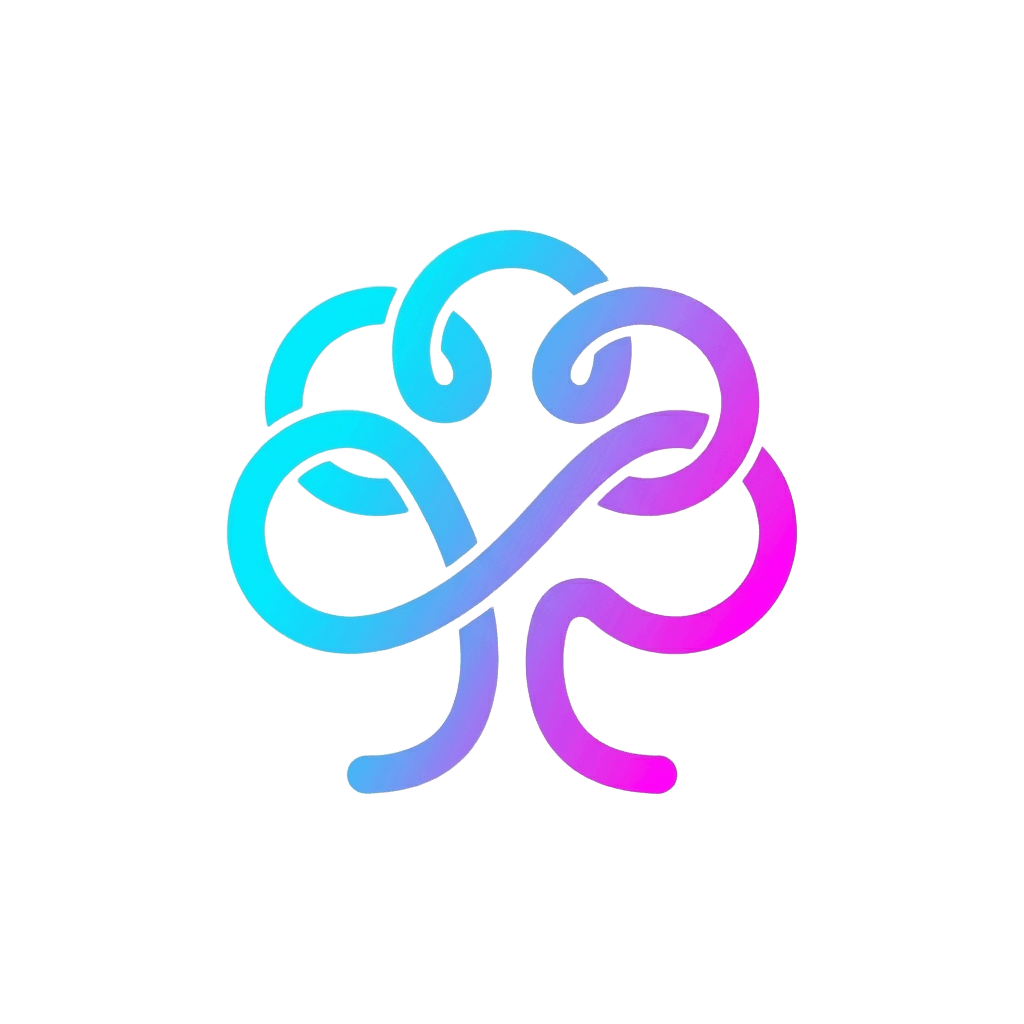Complete Guide to AI Agent Development: From Planning to Deployment
In today's rapidly evolving digital landscape, AI agents have become essential tools for businesses looking to automate processes, enhance customer experiences, and drive innovation. This comprehensive guide will walk you through everything you need to know about developing AI agents for your business.
What Are AI Agents?
AI agents are autonomous software programs that can perceive their environment, make decisions, and take actions to achieve specific goals. Unlike traditional software that follows predetermined rules, AI agents can adapt, learn, and respond to changing conditions.
Planning Your AI Agent Project
1. Define Your Objectives
Before diving into development, clearly define what you want your AI agent to accomplish:
- What specific problems will it solve?
- What tasks will it automate?
- How will success be measured?
2. Choose the Right Type of AI Agent
Different types of AI agents serve different purposes:
- Reactive agents: Respond to immediate stimuli
- Deliberative agents: Plan and reason about actions
- Learning agents: Improve performance over time
- Multi-agent systems: Coordinate with other agents
3. Technology Stack Selection
Consider these key components:
- Natural Language Processing (NLP): For understanding human language
- Machine Learning Models: For decision-making and predictions
- APIs and Integrations: For connecting to existing systems
- Cloud Infrastructure: For scalability and reliability
Development Process
Phase 1: Requirements Gathering
- Stakeholder interviews
- Use case documentation
- Technical requirements specification
- Success criteria definition
Phase 2: Design and Architecture
- System architecture design
- Data flow planning
- Integration point identification
- Security and compliance considerations
Phase 3: Development and Testing
- MVP development
- Iterative testing and refinement
- Performance optimization
- Security testing
Phase 4: Deployment and Monitoring
- Production deployment
- Performance monitoring
- User feedback collection
- Continuous improvement
Best Practices for AI Agent Development
1. Start Small and Scale
Begin with a simple use case and gradually expand functionality based on user feedback and business needs.
2. Focus on Data Quality
High-quality training data is crucial for AI agent performance. Invest time in data collection, cleaning, and validation.
3. Design for Transparency
Users should understand how the AI agent makes decisions. Implement explainability features where possible.
4. Plan for Maintenance
AI agents require ongoing maintenance, updates, and retraining to maintain optimal performance.
5. Consider Ethical Implications
Ensure your AI agent operates fairly and doesn't perpetuate biases or cause harm.
Common Challenges and Solutions
Challenge: Integration Complexity
Solution: Use well-documented APIs and consider middleware solutions to simplify integrations.
Challenge: Performance Issues
Solution: Implement proper caching, optimize model inference, and use cloud scaling capabilities.
Challenge: User Adoption
Solution: Focus on user experience design and provide comprehensive training and support.
Deployment Strategies
Cloud-First Approach
Leverage cloud platforms for:
- Scalability
- Reliability
- Cost-effectiveness
- Built-in AI/ML services
Hybrid Deployment
Combine cloud and on-premises infrastructure for:
- Data sovereignty requirements
- Latency-sensitive applications
- Existing infrastructure utilization
Edge Deployment
Deploy AI agents at the edge for:
- Real-time processing
- Reduced latency
- Offline capability
Measuring Success
Key performance indicators for AI agents include:
- Task completion rate: Percentage of successfully completed tasks
- Response time: Speed of agent responses
- User satisfaction: Feedback scores and adoption rates
- Business impact: Cost savings, efficiency gains, revenue increases
Future Considerations
As you develop your AI agent, consider:
- Emerging AI technologies
- Changing regulatory landscape
- Evolving user expectations
- Integration with future systems
Conclusion
Developing successful AI agents requires careful planning, thoughtful design, and iterative improvement. By following this guide and best practices, you'll be well-equipped to create AI agents that deliver real business value.
Ready to start your AI agent development journey? Contact us for expert consultation and development services.
